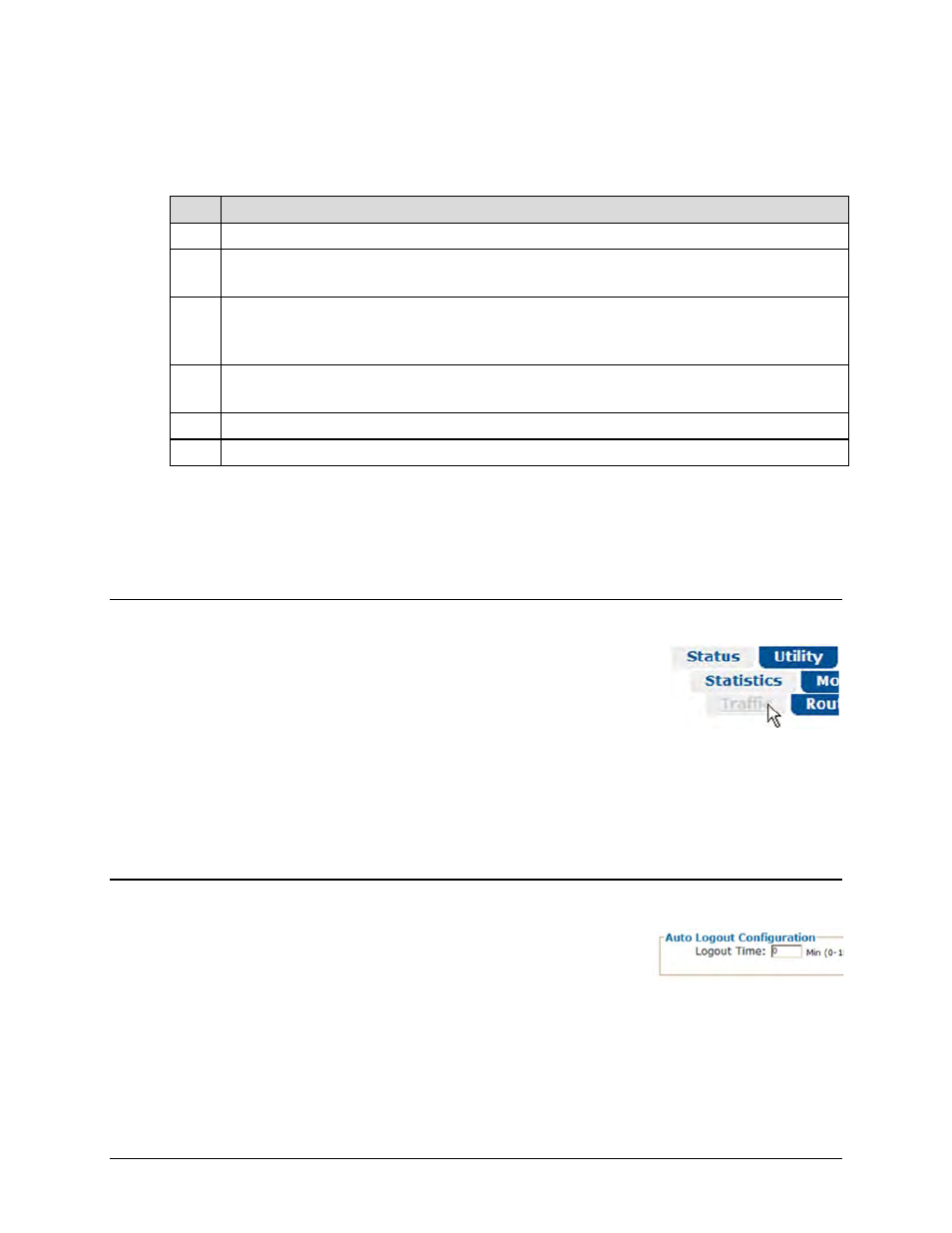2 navigation – Comtech EF Data CTOG-250 User Manual
Page 109

CTOG-250 Comtech Traffic Optimization Gateway
Revision 1
Ethernet-based Remote Product Management
MN-CTOG250
7–7
To ensure that your web browser correctly displays the LED feature, Comtech EF Data
recommends that you follow these configuration steps (this example uses Microsoft Internet
Explorer):
Step Task
1
On the Tools menu, click Internet Options.
2
On the General tabbed page:
Under Browsing history, click [Settings].
3
On the Temporary Internet Files and History Settings page:
Under Check for Newer Versions of Stored Pages:, click Every Time I visit the
webpage.
4
Click [OK] to save the selection and close the Temporary Internet Files and History
Settings page.
5
Click [OK] to close the Internet Options page.
6
Restart your browser.
The VFP will now reflect the active operating state of theCDM-800’s physical front panel LEDs.
The VFP also identifies the currently running Firmware Version (e.g., 1.5.1) , and the current
Working Mode (Router or BPM).
7.4.2.2 Navigation
The CTOG-250 Web Server Interface features navigation tabs, located
just below the Virtual Front Panel, at the top of each page. After you
click a navigation tab, you may click an available primary page tab. In
turn, any nested tabs appear for further selection.
This manual uses a naming format for all Web pages to indicate the depth of navigation needed
to view the subject page: “Top Level Tab | Primary Page Tab | Nested Tab”.
For example: Interpret “Status | Statistics | Traffic” to mean “first click the top-level Status
navigation tab; then, click the Statistics primary page tab; finally, click the nested Traffic tab.”
7.4.2.3 Page Sections
Each page features one or more sections. The title at the upper-left
corner of each page or page section provides indicates its
operational features. Each section can feature editable fields,
action buttons, and read-only displays that are specific to that
section.
This manual explains the purpose and operation for each Web page on a per-page, per-section
basis.
